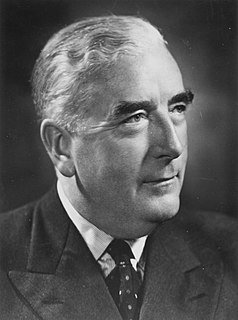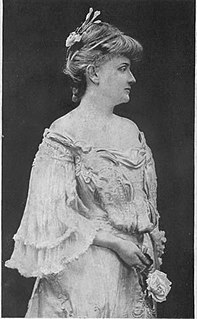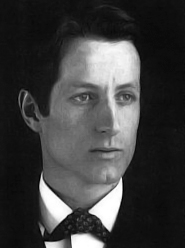A Quote by Ellen Glasgow
... beauty, like ecstasy, has always been hostile to the commonplace. And the commonplace, under its popular label of the normal,has been the supreme authority for Homo sapiens since the days when he was probably arboreal.
Related Quotes
The paradox of the human condition is expressed more in education than elsewhere in human culture, because learning to learn has been and continues to be Homo Sapiens' most formidable evolutionary task... It must also be clear that we will never quite learn how to learn, for since Homo Sapiens is self-changing, and since the more culture changes the faster it changes, man's methods and rate of learning will never quite keep pace with his need to learn.
Did any great genius ever enter the world in the wake of commonplace pre-natal conditions? Was a maker of history ever born amidst the pleasant harmonies of a satisfied domesticity? Of a mother who was less than remarkable, although she may have escaped being great? Did a woman with no wildness in her blood ever inform a brain with electric fire? The students of history know that while many mothers of great men have been virtuous, none have been commonplace, and few have been happy.
Why do most great pictures look uncontrived? Why do photographers bother with the deception, especially since it so often requires the hardest work of all? The answer is, I think, that the deception is necessary if the goal of art is to be reached: only pictures that look as if they had been easily made can convincingly suggest that beauty is commonplace.
Nothing fires the warrior’s heart more with courage than to find himself and his comrades at the point of annihilation, at the brink of being routed and overrun, and then to dredge not merely from one’s own bowels or guts but from one’s discipline and training the presence of mind not to panic, not to yield to the possession of despair, but instead to complete those homely acts of order which Dienekes had ever declared the supreme accomplishment of the warrior: to perform the commonplace under far-from-commonplace conditions.






































